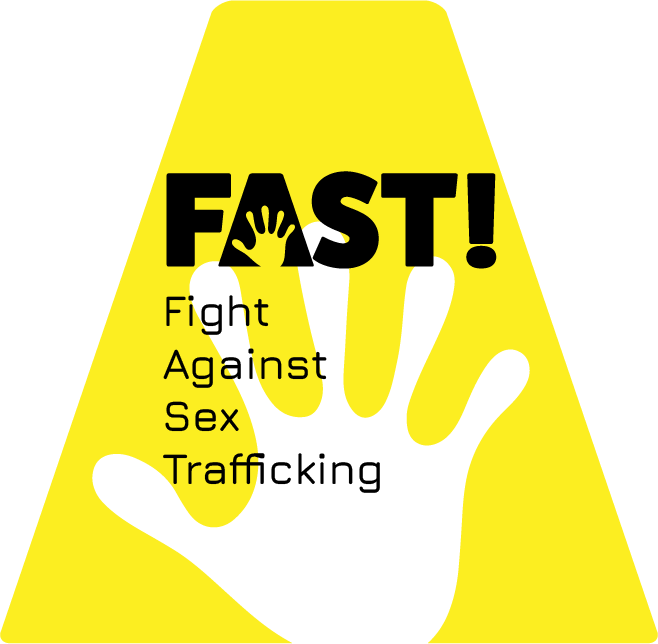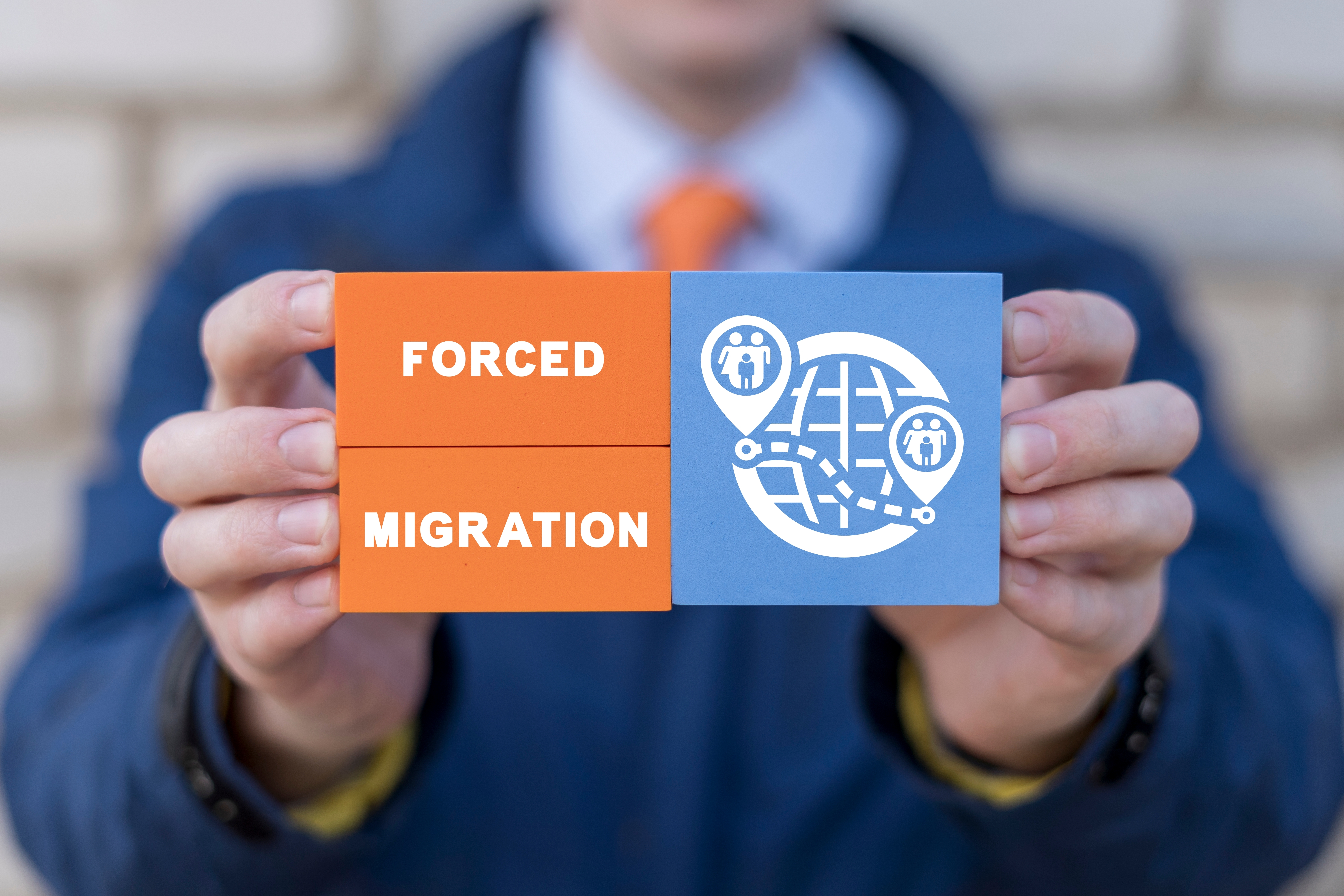Forced Migration and Vulnerability. The world grapples with the consequences of a changing climate. As a result, millions of impoverished individuals face escalating challenges ranging from extreme weather events to health crises, food and water insecurity, and the loss of livelihoods. Among these consequences lies a sinister threat: an increase in human trafficking. In particular, scams offering employment opportunities that often turn out to be exploitative slave contracts are becoming more prevalent in countries like the United Arab Emirates (UAE). There, a steady stream of labor is required to achieve ambitious development goals.
Climate Change and Vulnerability
The impacts of climate change are most acutely felt by those who are least equipped to cope with them. Impoverished communities bear the brunt of these changes. These communities often reside in regions vulnerable to climate-related events such as hurricanes, droughts, and floods. These challenges erode their capacity to earn a living, secure food, and clean water, and maintain stable living conditions.
Climate change disrupts ecosystems and livelihoods. So many individuals are forced to migrate in search of more stable conditions and economic opportunities. This migration, whether internal or across borders, is often fraught with risks. Migrants become vulnerable to traffickers who promise employment and a better life in developed countries.
The UAE’s Labor Demands
The UAE, known for its ambitious development projects, relies heavily on migrant labor to fuel its growth. The demand for labor has created a fertile ground for unscrupulous individuals and companies to exploit vulnerable individuals seeking opportunities in the country. Many fall victim to scams that promise lucrative employment but, in reality, lead to exploitative working conditions akin to modern-day slavery.
These scams typically involve deceptive recruitment practices that lure individuals with false promises. Once they arrive in the UAE, workers often find themselves trapped in exploitative situations with little to no legal protection. These situations, characterized by long working hours, inadequate pay, and deplorable living conditions, amount to what can only be described as slave contracts.
One of the key factors that perpetuate the cycle of slave contracts is the stark power imbalance between employers and vulnerable migrant workers. Workers often lack access to legal representation, language skills, and knowledge of their rights. Fear of deportation, contract violations, and isolation further weaken their ability to advocate for themselves. The link between climate change, forced migration, and exploitative labor practices like slave contracts is a pressing issue that demands immediate attention. Vulnerable individuals seeking refuge from the impacts of a changing climate should not fall victim to unscrupulous actors. The UAE needs to stop hiding behind lobbying efforts and take action to protect the most vulnerable among us.



